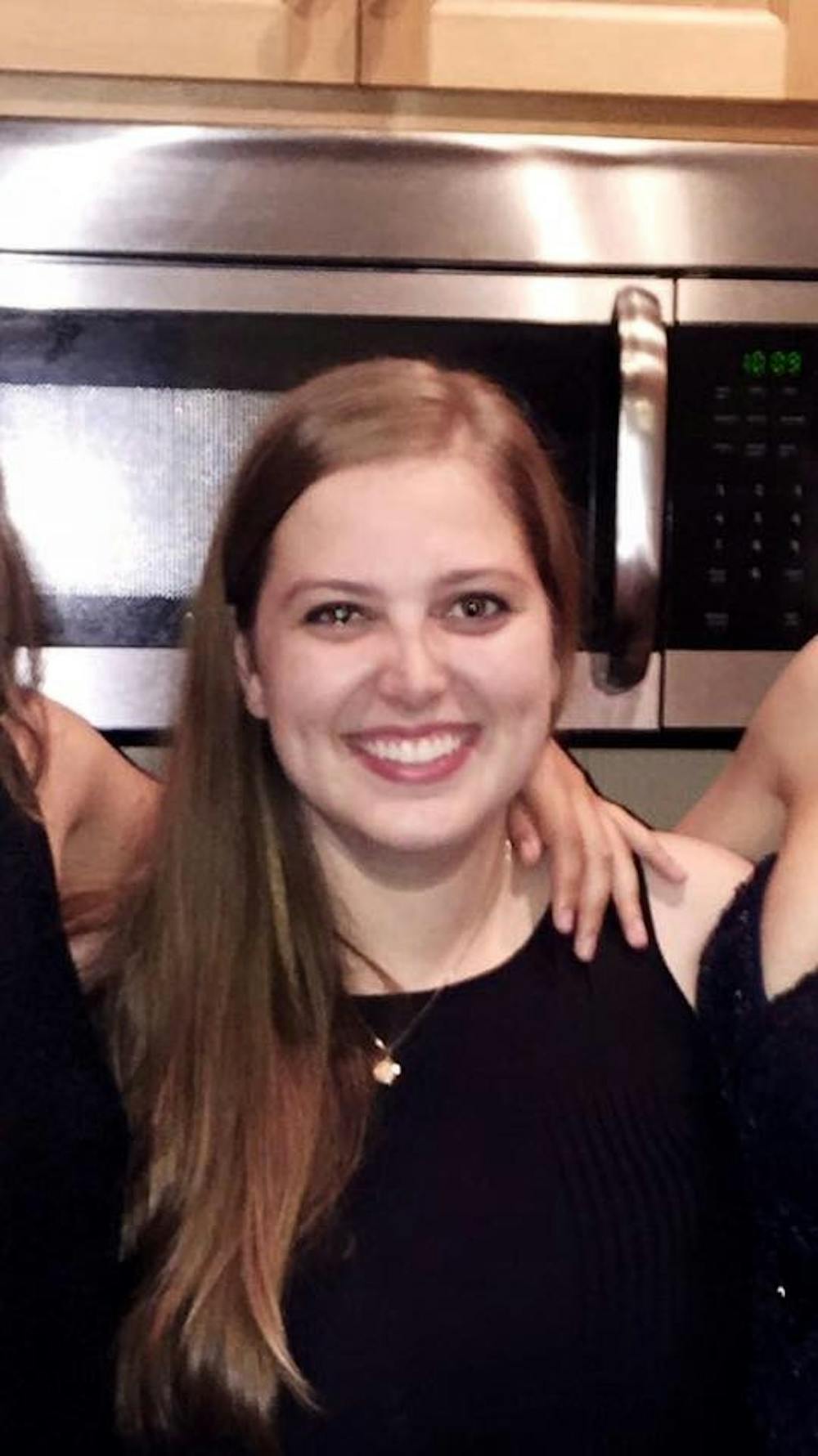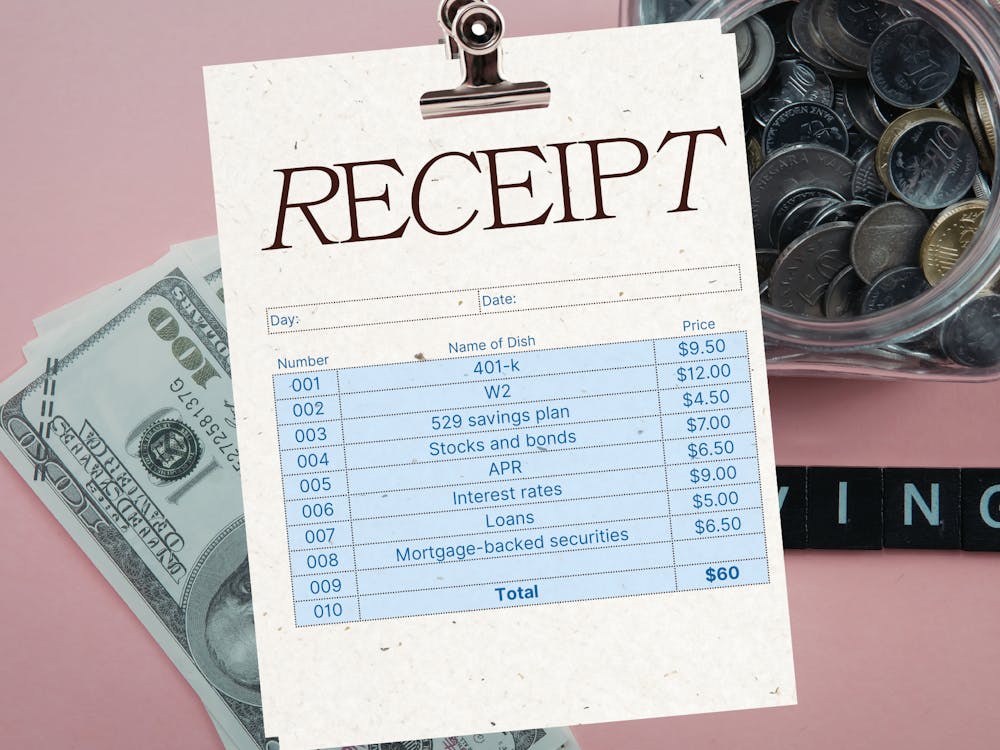by Mary O’Brien |
When I was young, I used to be sent to the principal’s office because I cried a lot. No one could understand why I cried, but felt that I should find a way to deal with it — and I did through sports. I started immersing myself into any and all sports that could take my mind off of the things I couldn’t control in my life. It worked every time. For instance, whenever I felt remotely insecure or felt like I couldn’t do something in life, I played basketball to relieve myself.
My technique of playing sports to get my mind off of things in my life worked, but a problem with it arose in my junior year of high school. The doctors found a tumor in my knee that caused pain whenever I ran. It wasn’t cancerous, but it meant that it limited my involvement with sports hugely. I can’t run again without pain. Devastated, I quit all sports and turned to the next best thing that would get my mind off of my troubles: alcohol and drugs.
My freshman year at UP was difficult. I tried to figure out who I truly was and was starting to accept my sexuality all while blacking out almost three times a week. It became a cycle: Because I was sad and embarrassed of my identity, I drank to forget it and would black out, then I would find out what I did the night before. This cycle continued over and over again. Finally, my depression and drinking problem became so bad that I left University of Portland my spring semester in order to figure out a new way to deal with my emotions.
I suppose many will think that once I left UP my spring semester things got better: I stopped drinking, finally accepted who I was and my depression was easily managed. This conception, however, was not the case; I drank more, hated myself and home was the last place I wanted to be even though I was in therapy and on medications. People asked me all the time, "Why are you sad?" and told me, "There has to be a reason for you acting like this."
To this day, I could not pinpoint a true reason why I acted the way I did. The best reason I have so far is a medical diagnosis of depression. For some reason, I thought if I took my meds that I would be cured immediately.
But eventually, I found that being cured isn't the ultimate goal. Instead, I realized that I could achieve small goals every day that combats this diagnosis. For instance, I get out of bed when I feel down, stay on my meds, and going out of my way to hang out with people are all small goals that I can achieve every day.
Depression isn't something to be scared of. It's something to be aware of. For me personally, I came to terms with the fact that depression is an ongoing process that I will live with for a while. But accepting that I deal with depression and knowing the signs of my depression are what make me able to fight it and learn how to cope with my feelings.
I no longer look straight to a bottle of alcohol in order to deal with my problems. Instead, I tell myself that it is okay to be sad, even if I don’t have a reason, but I also tell myself that it's not OK to let the sadness dictate how I live my life anymore.
Mary O’Brien is a senior communications major and can be reached at obrien16@up.edu.








